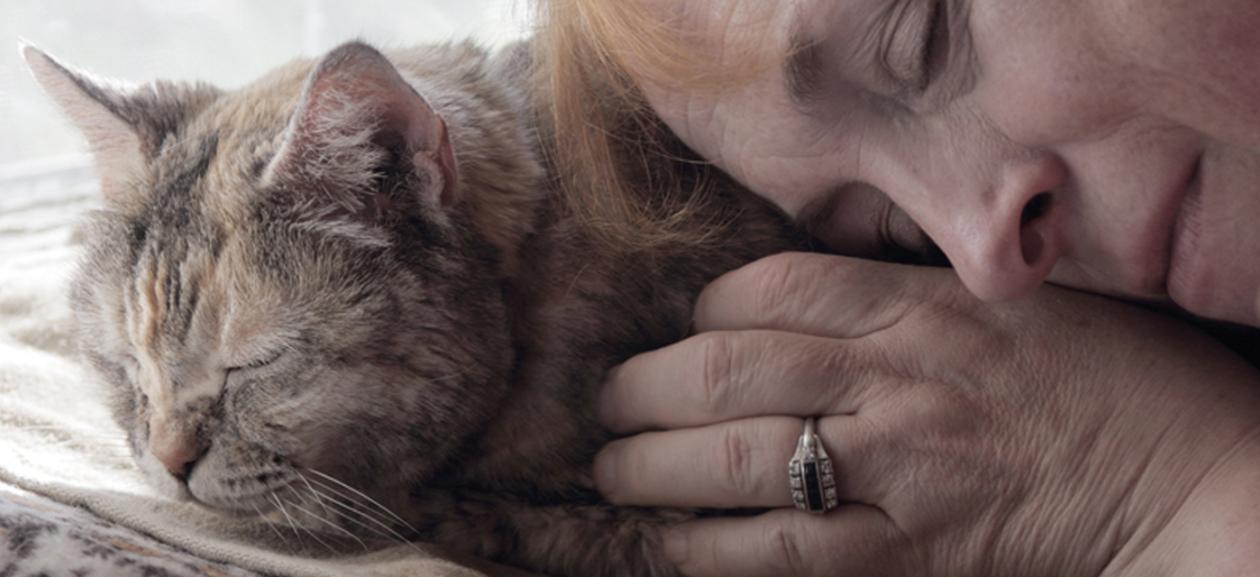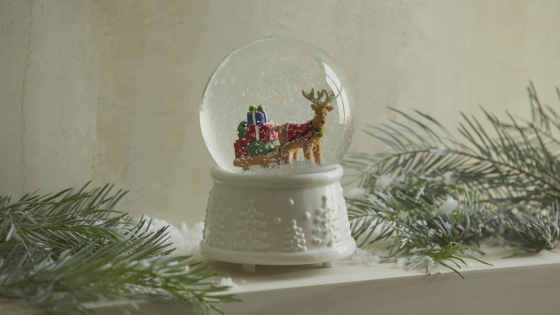
Dealing with Guilt
Guilt is a cognitive or an emotional experience that occurs when a person believes—accurately or not—that he or she has violated a moral standard, and bears significant responsibility for that violation.
Guilt comes up very often in my pet loss support groups. Guilt can invoke in us the deepest, most terrible feelings of loss, horror, anger, and helplessness. The questions come up; Why did I do what I did? Why couldn’t I have done more? Did I kill my beloved pet? Did I not do enough? Did I do too much? Did I put him/her down too soon? Did I wait too long? If only I had closed the gate. If only I had noticed sooner. If only I had waited longer. If only I had more money. If only I had rushed to the vet sooner. If only I had known more at the time. If only I had listened to my gut feelings. If only….
In groups I describe guilt as anger turned inward, and is often associated with the emotion of anger, one of the “5 stages of grief”. This is a normal part of the grieving process. Guilt can become a problem when we continuously beat ourselves up for all these questions and “if-only’s”. We do this because in loving and grieving our pets, we wish we could have done more, or wish we did not have to choose euthanasia.
Ultimately, we cannot change what we did or did not do. What we can do is stop hurting ourselves over the guilt. Each of us, in our own way, did what we thought was right at the time, using what we knew and felt. I believe that each of us tried to do the best we could, and did it with the intention of love.
Here are some tips to help reduce the amount of anger/guilt and start the process of healing. One works through the feelings by first of all allowing them, then talking about them and perhaps writing about them.
- Stop the critical self talk which can become an unhealthy, self-defeating and self-destructive “guilt loop”. Go over the chain of events that led to your decision in “real time” as the event really happened. Looking back through a retro scope is not fair or accurate. Eventually you will realize that you did the best you could under the circumstances. Accidents happen. Illnesses happen.
- Talk about your feelings with a trusted friend or family member; someone with some perspective on the situation.
- Try to redirect the feelings of inadequacy or “wrongdoing” to the times that you shared with your pet in good health; the times that you provided for your pet and took great care of your pet.
- Speak to your veterinarian if you have lingering questions about your pet’s condition.
- Go to a support group, speak to a grief counselor or phone a pet loss hotline for support.
The bottom line is that we loved, deeply, and that says that we have a deep capacity for love that many do not. We shared an amazing bond with our beloved pet, and gave him or her everything we could. We petted, we walked, we fed, we changed litter boxes, we played, we stroked, and we sat sleepless on difficult nights. We cared, and did everything we knew to do at the time. And we looked in their eyes, and knew they understood that we loved them, and knew that they loved us.
We need to forgive ourselves. To hurt ourselves with the terrible additional pain of guilt is to do disservice to the love we felt for our pets. If we didn’t know enough, or made an innocent mistake, I truly believe they would understand, and love and forgive us in spite of it. Releasing the guilt doesn’t mean that you don’t/didn’t care for your pet; instead it will allow you to freely tap into all the wonderful memories of a lifetime shared.



